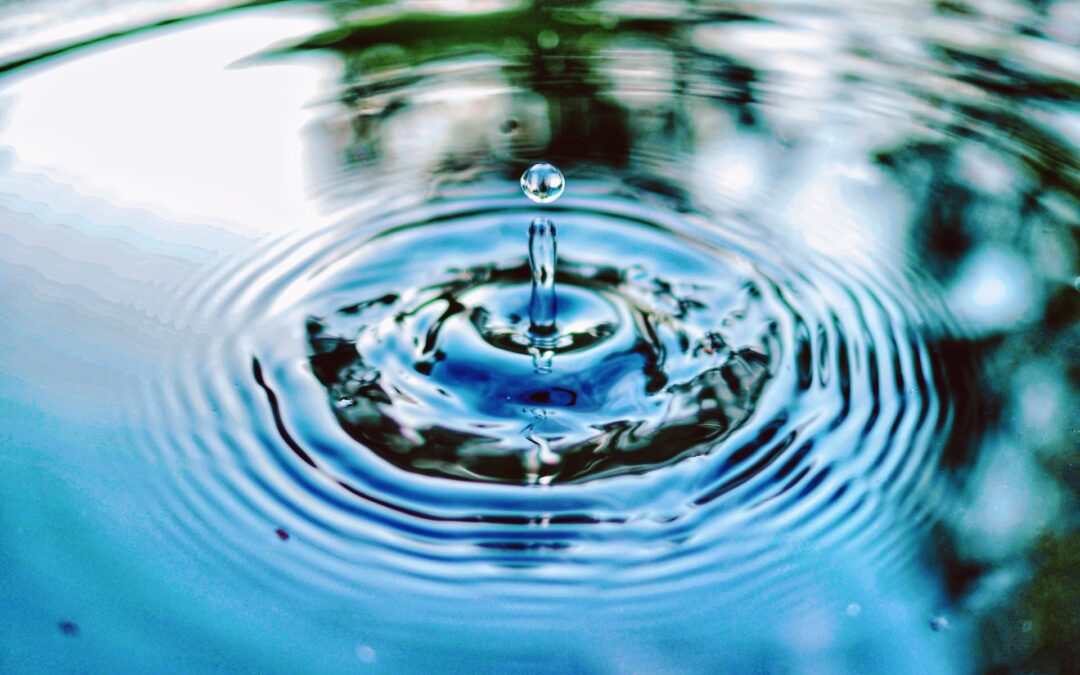Water is one of our most precious resources. Not only does it provide us with life-sustaining hydration, but water also can have a profound impact on the quality of our lives.
Water Quality Factors
The biggest factors that affect the quality of our water are:
Usage – unless you use a private well, you share the water supply with others in the community. Your community can put a strain on the system and cause shortages.
PH Balance – pH balance is a measure of your water’s alkalinity or acidity. Distilled water should have a neutral pH level, but your tap water’s pH level may vary.
Bacteria – Bacteria and other microorganisms carried in water can reduce its overall quality. Nauseating-smelling water is an indication of organic contaminants. Simple water filters and treatment techniques can greatly reduce organic pollutants.
Pollution – Water companies treat water to remove and eliminate contaminants and bacteria that reach the water supply. Dumping oil, grease, detergents, or pesticides down drains or storm drains can pollute local sources. Loose grass clippings and leaves can clog drainage systems, and pet droppings and septic tank overflows can have dangerous results when they reach drinking water.
Runoff and sedimentation – are environmental factors. Natural mineral deposits are one of the top pollutants retrieved from your tap water. Sediment can come from a variety of natural sources, like soil erosion or the decomposition of living things. Water (or ice) and wind can carry these particles into bodies of water.
Ageing Household plumbing and fixtures. Ageing household plumbing carries potential lead sources and can lead to water contamination. Even faucet aerators can have an impact if they are not cleaned or replaced as needed to prevent sediment and metal buildup.
Water heaters – Your water heater should be drained every year. A buildup of sediment and bacteria from your water heater can negatively impact water quality and water pressure.
Recommended Actions
Maintaining your water quality can help improve the taste of drinking water, exterminate foul odors, and extend the lifespan of your plumbing system, fixtures, and appliances. A few recommended steps include:
- If you receive your water supply from a water company, you should be provided a regular report from them documenting the water quality. Review the report and share it with a plumbing professional.
- If you receive water from a well, you should get your water evaluated annually at a Department of Environmental Protection (DEP) laboratory.
- Installing basic water filters or treatment systems that use reverse osmosis and UV-light purification methods to remove organic pollutants
- You might take your water quality for granted, but if your water quality or pressure isn’t up to standard, you should contact an experienced plumber.
For more information on all your plumbing and water quality concerns visit https://socalplumbers.com/. If you have found this article to be helpful and you would like to receive similar information from the SoCal Plumbers, please go to https://socalplumbers.com/email-signup/.


